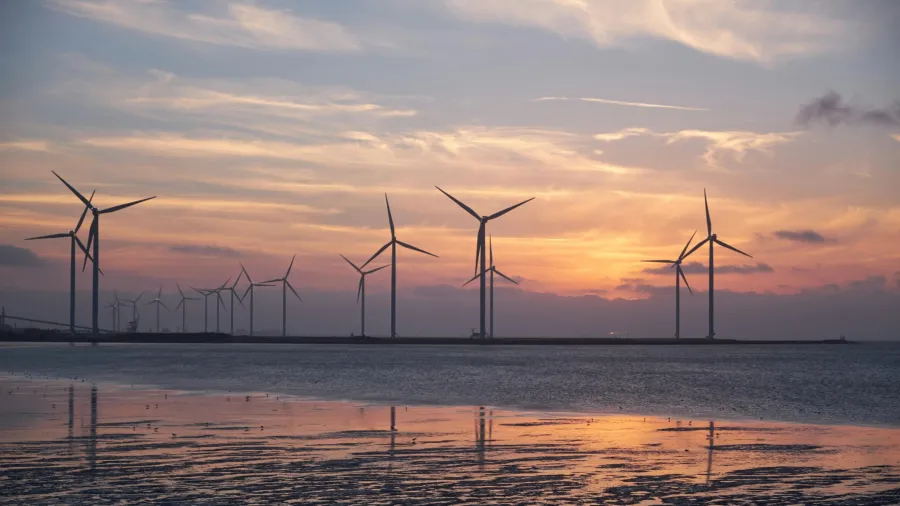
ASEAN can better utilise RE through third-party-access principle
Vietnam recently allowed large consumers to directly procure from clean energy producers.
ASEAN countries can maximise opportunities in renewable energy by implementing third-party-access (TPA) measures that allows consumers to directly purchase from producers, the ASEAN Centre for Energy said.
According to the organisation, some countries in the region have rolled out such policies, including the Philippines, Singapore, and recently Vietnam.
In Vietnam, its Direct Power Purchase Agreement (DPPA) scheme outlines mechanisms for major electricity consumers to procure renewable energy directly from producers via a private transmission line or utilising the national grid which is commonly referred as “power wheeling concept.”
This has two mechanisms, namely physical DPPA that allows renewable energy generation companies to sell their produce directly to consumers with over 200,000 kilowatt-hours monthly consumption and a 22 kilovolt or higher voltage connection through private transmission lines, and the virtual DPPA that uses a forward contract to allow renewable energy procurement via the national grid.
Prior to this, the ASEAN Centre for Energy noted that the Philippines and Singapore have already liberalised their power market.
“The good practices and the challenges from the journey of the Philippines and Singapore’s transformation towards electricity market liberalisation, especially in establishing TPA, would be relevant references for other ASEAN Member States to look at,” the organisation said.
It noted that the implementation in both economies took some time especially in setting up the needed policy and regulatory framework and the institutional arrangement for implementing the TPA and wheeling framework.
Other countries considering the same scheme are Indonesia and Thailand.
Whilst TPA is crucial for larger clean energy procurement at the national level, the ASEAN Centre for Energy noted this is not a prerequisite for cross-border trading.
“Countries with different electricity market structures and stages of liberalisation can trade under bilateral or multilateral arrangements, provided they agree on a framework that ensures equal and transparent access to transmission capacity information for all cross-border trading participants,” it explained.
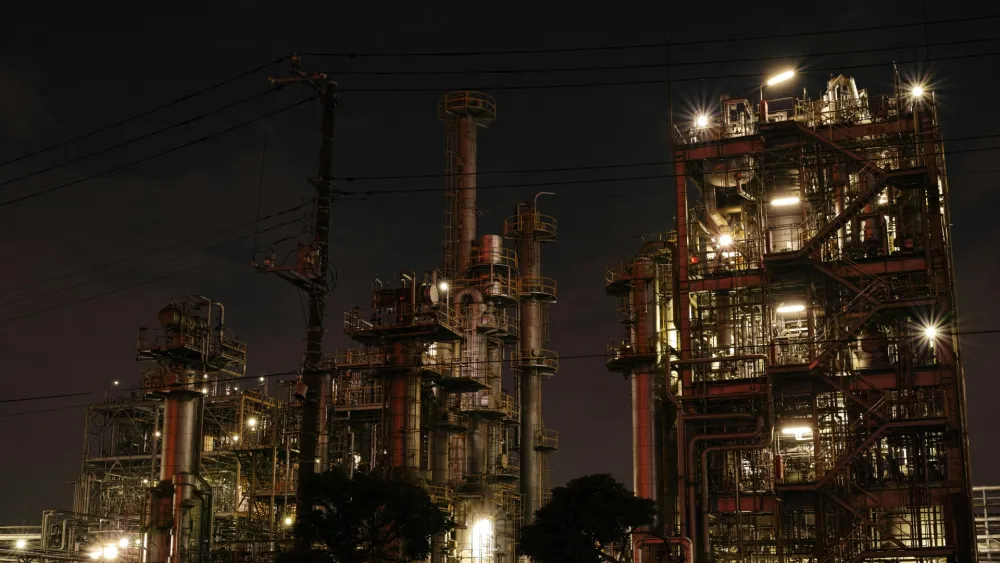
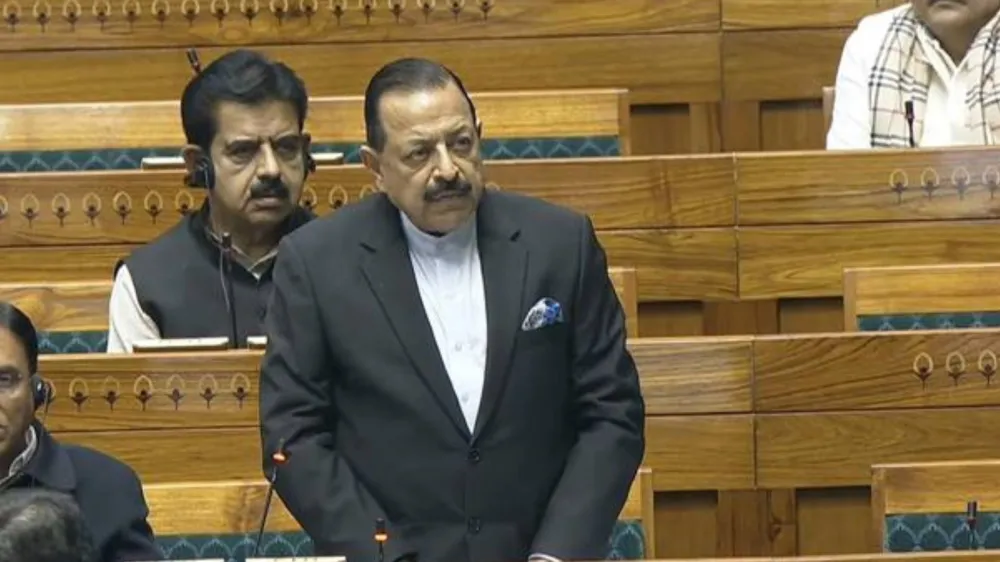
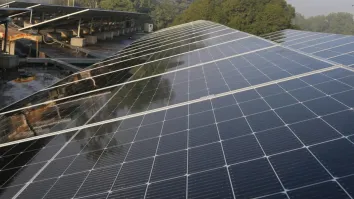
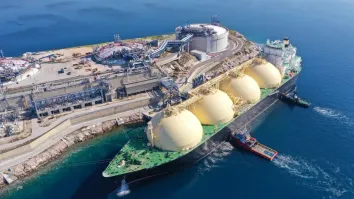

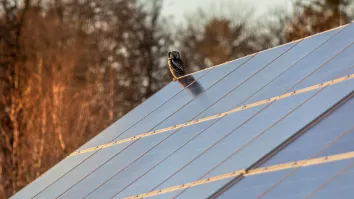













 Advertise
Advertise







